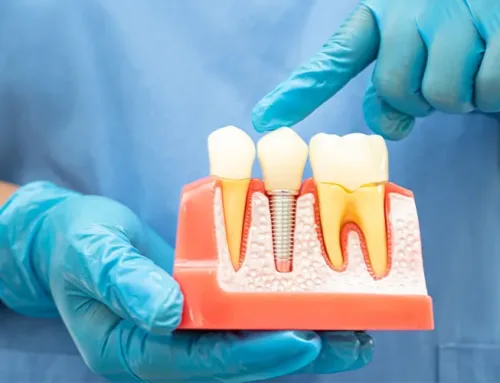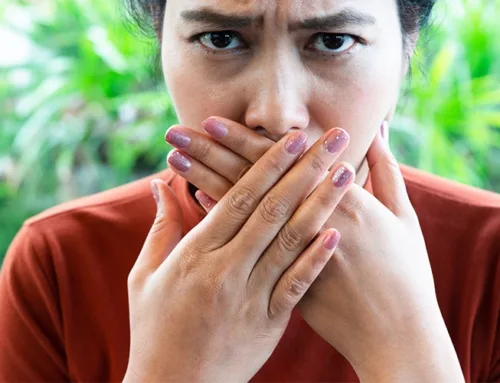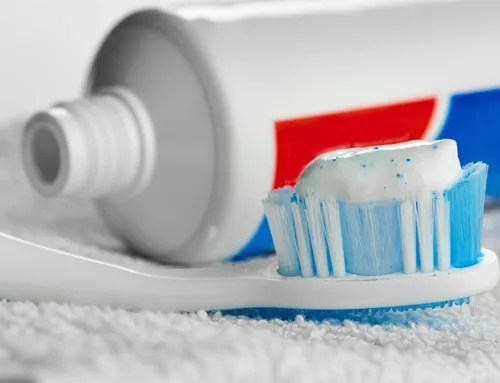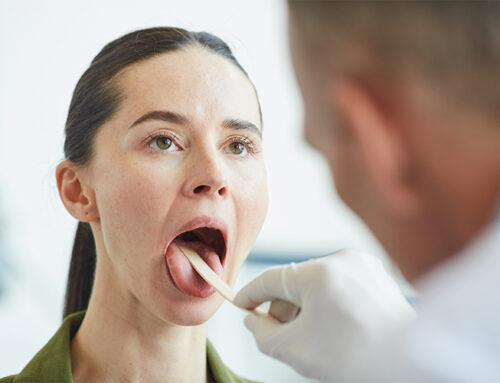10 Common Questions About Dentistry
November 8, 2021
If you have a scheduled dental appointment coming up, it is important to write down some questions to learn about the state of your oral health during your checkup. If you are unsure of what to ask and would like some general go-to questions, here are 10 common ones.
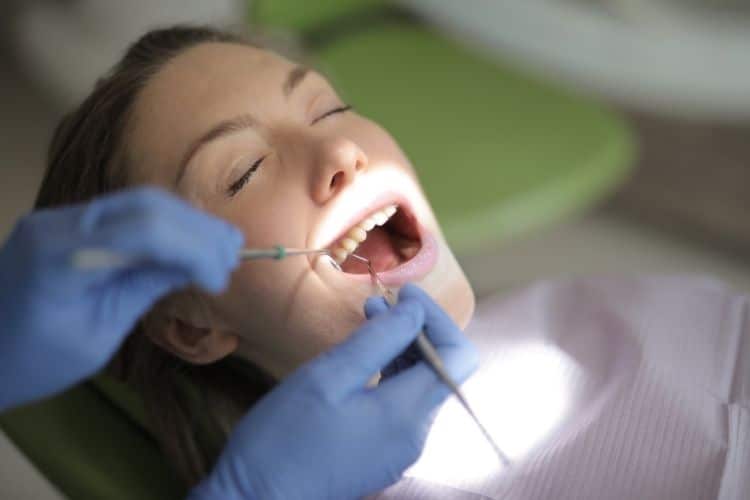
1. How Often Should You Go to the Dentist?
The general rule is to visit the dentist every 6-months or twice a year. A bi-annual checkup often includes cleaning and x-rays.
2. Why Should I Go to the Dentist Regularly?
It is important to go to the dentist on a regular basis as this gives you the best chance of getting ahead of any problems before they become serious issues. The best form of oral care is preventative care, as many dental problems do not have symptoms until they are well into their advanced stages. Engaging in crisis treatment – that is, going only when your teeth are in critical condition – means expensive treatment options that could have been avoided with early detection.
3. How Can I Prevent Cavities?
The easiest way to prevent cavities is to brush your teeth twice a day, for 2-3 minutes at a time. Also, make sure to floss at least once a day to remove plaque and bacteria that sit between your teeth. Beyond this, avoid eating sugar-filled foods like pop, chips, candy, and sticky foods like peanut butter, as these provide a constant supply of food for the bacteria that live in your mouth. When eating sweets, minimize how often you eat throughout the day and always brush afterward. When you cannot brush after a meal, rinse with water or chew sugarless gum.
4. What Can I Do About Sensitive Teeth?
Try using sensitive toothpaste that contains either potassium nitrate or strontium chloride. Avoid consuming highly acidic foods and beverages like oranges, lemons, and soda. If desensitizing toothpaste doesn’t work for you, ask your dentist about in-office applications used to reduce sensitivity in your teeth’ roots.
5. What is Fluoride, and Why Is It Important to Dental Health?
Fluoride is a mineral that occurs naturally in your drinking water and in foods like kale, spinach, and apples. Fluoride is critical for dental health as it prevents tooth decay by boosting how resistant your tooth enamel is too acid. Added fluoride can be found in toothpaste and mouthwash.
6. How Often Do I Need to Buy a New Toothbrush?
You should purchase a new toothbrush every 3-4 months or when it appears to be worn out. If the bristles have lost their stiffness, it is time to throw it out. The same applies to electric toothbrush heads.
7. What Is Dental Plaque, and How Can I Get Rid of It?
Plaque or biofilm is a colorless layer of bacteria that builds up on your teeth. Throughout the day, as you eat foods filled with sugars and carbohydrates, the bacteria feed on the leftovers that get stuck in your teeth and produce acids as a byproduct. You can remove plaque by thoroughly cleaning all surfaces of your teeth by brushing and flossing.
8. Do I Really Have to Floss Every Day?
Yes, it is highly recommended that you floss every day, as any plaque that is left behind between your teeth will eventually harden into tartar, which only a dentist can remove. While plaque and bacteria can be removed by brushing, hardened tartar requires specialized tools and expertise to remove.
9. Should I Brush My Teeth After Eating?
You should brush your teeth 30-60-minutes after eating. By brushing too soon, you can damage your tooth enamel while it is in its weakened state – especially if you have consumed acidic food. It is recommended that you drink a glass of water immediately after eating to help wash away any leftover acids.
10. How Many Times a Day Should You Brush Your Teeth?
The American Dental Association recommends that you brush your teeth twice a day, once in the morning and once at night at the minimum.
If you haven’t been to the dentist in a while or need to schedule a teeth cleaning appointment contact us or give us a call at (813) 333-1922.




